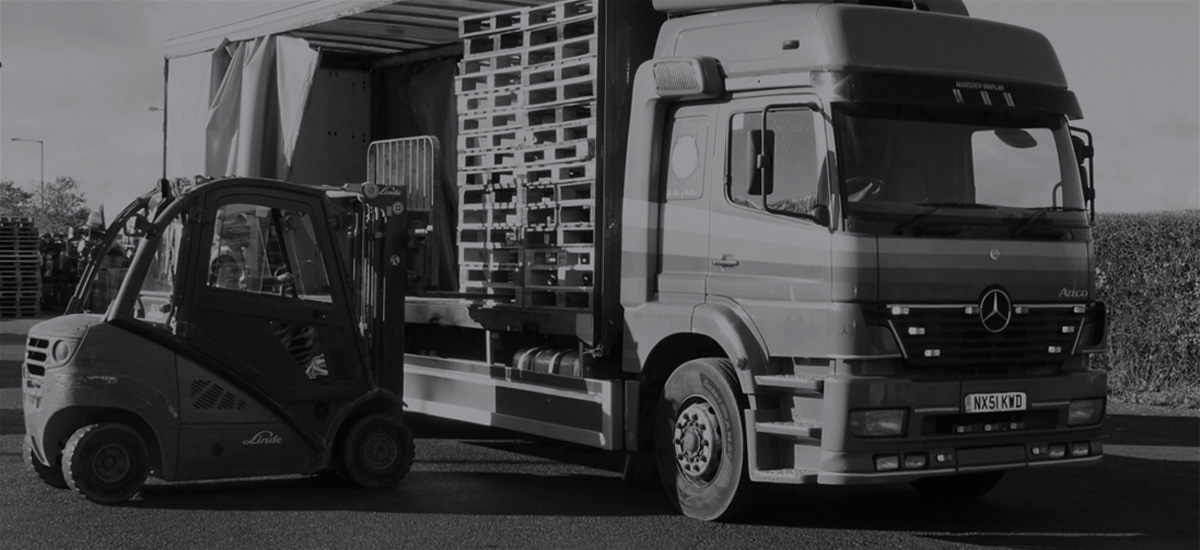With less than a month to go until the 2015 election and hoping votes don’t go to waste, we’ve done our research on the main political parties’ manifestos and what that means for a circular economy, zero waste, and recycling targets.
Circular Economy
Since our inception, RPS has been advocates of a circular economy. This model is vastly being taken up by the UK, but which party will best support it?
We’ve learnt that Ed Miliband and his Labour party have called for a cross-governmental strategy to progress working towards a circular economy. If this is passed, The Department for Business (BIS), Innovation and Skills would most likely work closely with The Department for Environment, Food & Rural Affairs (DEFRA) and The Department of Energy & Climate Change (DECC) to help achieve this.
With nothing official from David Cameron and his Conservative party, we sought information from the conservative group 2020 which is keen to see waste reclassified as a resource and would like there to be more recognition for the reuse and manufacturing industries. For example, they’ve proposed landfill bans on wood.
The greenest of them all, Natalie Bennett, the leader of the Green party seems committed to promoting a circular economy by introducing resource taxes, increase spending on waste disposal and making recycling a last resort after reductions in the use of resources and reuse.
The leader of the Liberal Democrats, Nick Clegg has put forward a waste strategy in an effort to boost reuse and recycling industries. This would include the introduction of Resource Efficiency and Zero Waste Acts, which amongst other things would promote sustainable design and legally binding targets for net consumption.
In 2010 the United Kingdom Independence party manifesto discussed promoting waste prevention, but we are still yet to hear more.
Zero Waste
We recently won a Zero Waste Award for our commitment to continually improving the way we handle waste. We are keen to know more about which parties are striving towards a zero waste economy.
Starting with the greener side of the coalition, Nick Clegg would like to keep the landfill tax escalator and introduce a zero waste Britain bill with a clear action plan to reduce waste.
Ed Miliband states he will encourage higher recycling levels although does not discuss landfill bans, it would be interesting to know more.
The Tory 2020 group puts its points across for restrictions on different materials to landfill, but we are yet to hear from the main Conservative party on this matter, once again.
The manifesto from the Green party outlines a plan of action for zero waste to landfill, by proposing a ban on food and other organic material being sent to landfill. We’d be keen to hear more from environmentally friendly Natalie Bennett.
With no surprise, UKIP is all for landfill and wants to repeal the Climate Change Act 2008, abolish the Department of Energy and Climate Change and abandon targets.
Recycling
Here at RPS, after maximum reuse of materials, our next move is to recycle. We did some digging on what the parties plan to do with the recycling targets.
The Green Party, the Liberal Democrat’s and Labour will all positively push to increase the recycling target to 70%, up from its current goal of 50%.
Similarly to the zero waste policies, we’ve heard little from UKIP and the Conservatives on recycling, suggesting these two parties are most opposed to increasing recycling targets and goals.
What we’ve learnt…
From the research we’ve done so far and from the points above, it is clear to us that the Green, Labour and Liberal Democrats parties (in no particular order) are the ones to vote for in terms of reducing waste – for all other matters, well you’ll have to work that out for yourself.
We’re keen to hear from you – how do you suggest votes aren’t put to waste?







